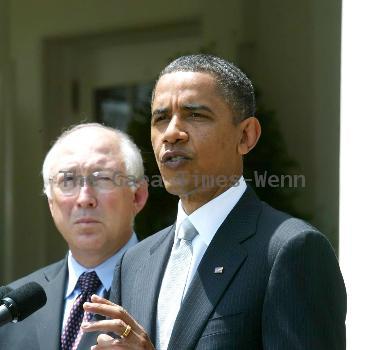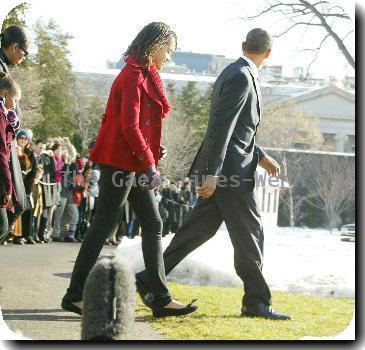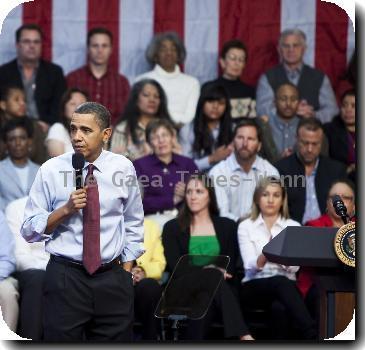China vows not to bow to outside pressure on currency reform
By Foster Klug, APSaturday, June 26, 2010
China vows not to bow to currency pressure
TORONTO — China vowed Saturday not to bow to outside pressure to make more changes to its currency policy, which some U.S. officials and experts say is crucial to a global economic recovery.
Senior Chinese officials warned at a summit of the Group of 20 leading economies that they will follow their own economic needs in considering currency reform.
The value of the yuan, or renminbi, is a major irritant in Chinese relations with the United States. China’s comments came ahead of a meeting between President Barack Obama and Chinese President Hu Jintao.
Obama was expected to raise U.S. worries about an undervalued Chinese currency that American manufacturers say gives China’s exporters an unfair advantage and swells its trade surplus.
In an effort to head off complaints, China announced before the G-20 summit that it would start allowing its currency to rise in value against the dollar. Critics have said the move doesn’t go far enough.
Some U.S. lawmakers are threatening to punish China’s currency policies with legislation, and they will be closely watching whether China makes more changes at this summit.
China said foreign calls for currency reform wouldn’t lead to new policies.
“If there is a change in renminbi exchange rate, it is up to the internal dynamics of the Chinese economy, rather than be subject to pressure of any individual country or any international organization,” Ma Xin, a senior official at China’s national development and reform commission, told reporters, speaking through an interpreter.
Chinese officials in Toronto also warned against rich-world economies putting up trade barriers on Chinese companies trying to sell their goods abroad.
Zheng Xiaosong, a senior finance ministry official, also suggested that China doesn’t favor a global tax on banks to pay for future bailouts.
He said one solution isn’t appropriate for all countries, and asserted the best way to deal with banking health is to raise regulatory standards.
The issue of a bank tax meant to shield the public from the cost of resolving future financial crises has proved divisive among the nations gathering in Canada.
The United States, Britain, France and Germany back the bank tax. Countries such as Canada and Australia, where banks survived the global crisis intact, oppose it.
Tags: Asia, Barack Obama, Canada, China, East Asia, Greater China, Hu Jintao, International Trade, North America, Ontario, Summits, Toronto, United States


